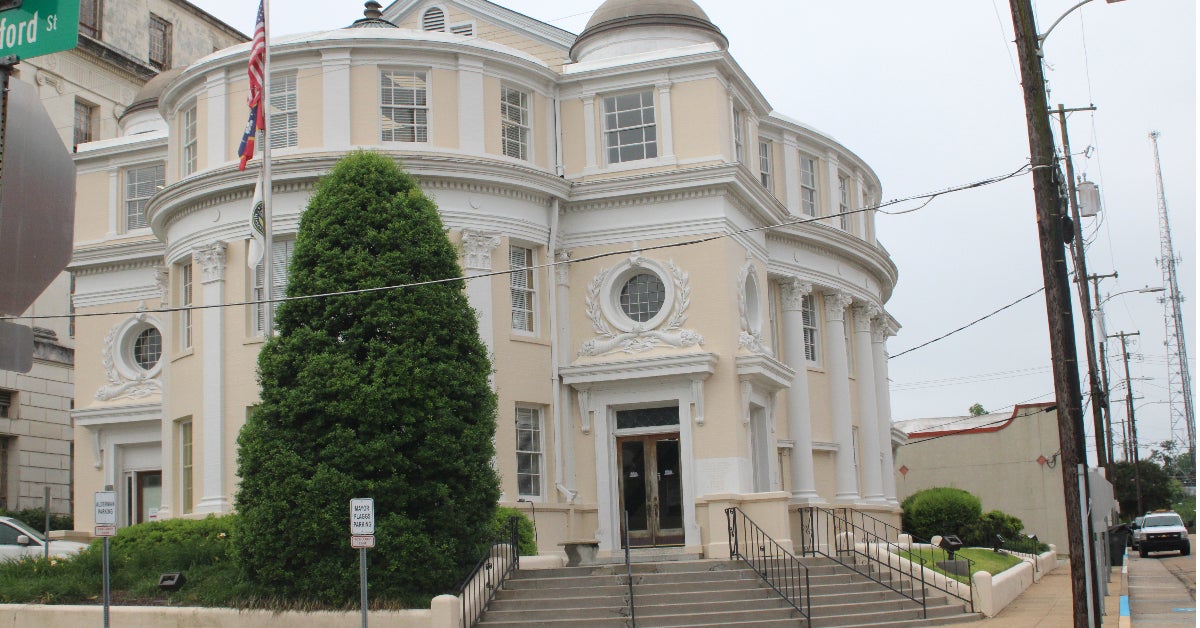Political battles raged in ‘63
Published 12:00 am Sunday, June 29, 2014
The bickering among generals and politicians during campaigns in Middle Tennessee and North Georgia heated up almost as much as fighting on the battlefields.
The political scrapping was intense particularly leading up to and during the Tullahoma Campaign of June and July 1863, during which the Union Army of the Cumberland prevented the Confederate Army of Tennessee from relieving Vicksburg, Vicksburg National Military Park ranger Jake Koch said.
“Army politics — that seems like it should be the title of the program,” Koch said.
In command of the Army of the Cumberland was Union Maj. Gen. William Starke Rosecrans, known for disagreeing with his superiors including Secretary of War Edwin Stanton who chided Rosecrans for keeping troops in Murfreesboro, Tenn., for half a year after the battle of Stones River ended in January 1863.
“In Washington, there is growing impatience with Rosecrans just sitting there,” Koch said.
After a devastating defeat at Chickamauga in September 1863, Rosencrans was removed, despite his successes
Leading the Army of Tennessee was Gen. Braxton Bragg, a strict disciplinarian so despised by his own men that his subordinate generals wrote letters to Jefferson Davis asking that Bragg be removed from his post during the Chattanooga Campaign in early fall 1863.
“It seems like he clashes with almost everyone,” Koch said of Bragg.
The letters prompted a visit to Chattanooga by Davis, who had become friends with Bragg during the Mexican-American War, Koch said.
Accompanying Davis was John C. Pemberton, the disgraced general who had surrendered Vicksburg to Union Maj. Gen. Ulysses S. Grant on July 4, 1863.
Davis, according to official records, was attempting to have Bragg accept Pemberton under his command; however, Bragg wrote that the move was “ill advised.”
The program was the third and final installment in a lecture series on Civil War actions across the country in 1863.
“We get so wrapped up on what’s going on in Vicksburg we ignore what’s going on elsewhere,” Koch said of the reason for holding the three-part series. “Nothing happens in a vacuum. Everything affects everything else.”





